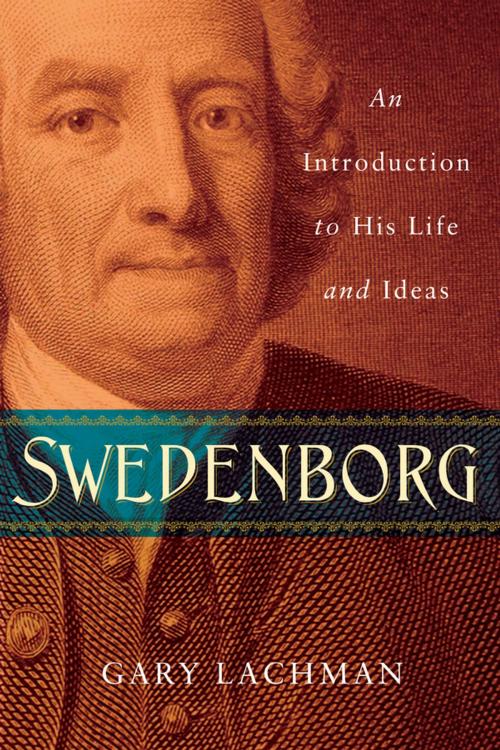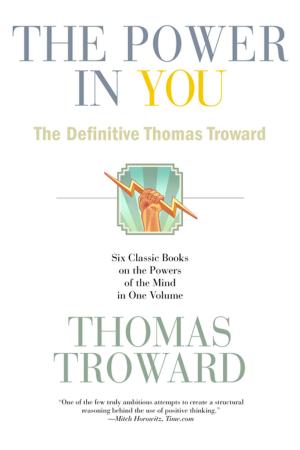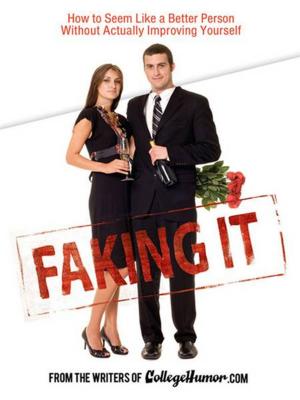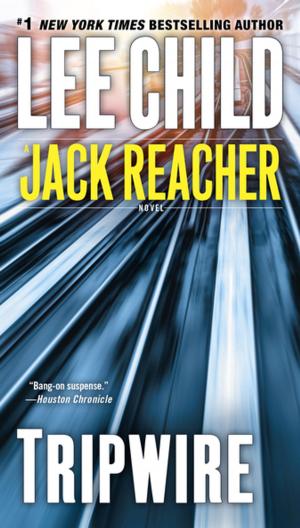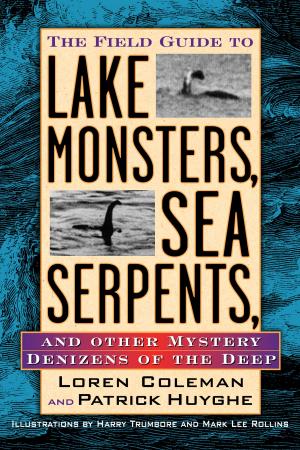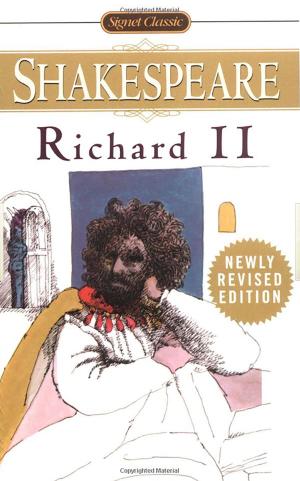Swedenborg
An Introduction to His Life and Ideas
Nonfiction, Religion & Spirituality, New Age, Mysticism, Biography & Memoir, Religious, Historical| Author: | Gary Lachman | ISBN: | 9781101580349 |
| Publisher: | Penguin Publishing Group | Publication: | April 12, 2012 |
| Imprint: | TarcherPerigee | Language: | English |
| Author: | Gary Lachman |
| ISBN: | 9781101580349 |
| Publisher: | Penguin Publishing Group |
| Publication: | April 12, 2012 |
| Imprint: | TarcherPerigee |
| Language: | English |
A clear and concise overview of the life and work of the immensely influential but little understood eighteenth-century mystic-scientist Emanuel Swedenborg.
“Lachman identifies all the roles Swedenborg inhabited (spiritual thinker, psychic, scientist, inventor, statesman, traveler, and possibly even spy) and does an exceptionally good job of suggesting why this little-known polymath deserves more substantial critical attention.” – The Independent on Sunday (UK)
It is difficult to imagine modern Western alternative spirituality without the influence of Swedish scientist and mystic Emanuel Swedenborg (1688-1772). Every movement in alternative spirituality – from mental-healing and Spiritualism to New Age mysticism and the twelve-step recovery movement – owes an immeasurable debt to the ideas he exploded upon the Western world.
Yet Swedenborg’s work can be challenging for modern readers. His influence, everywhere at once, is difficult to get a handle on. Now, however, Gary Lachman provides an accessible, lively, and masterful introduction to the life and ideas of this spiritual giant. Lachman takes us to Swedenborg’s roots as brilliant rationalist and scientist who, well into mid-life, began to experience visions of other realms. From this point Swedenborg produced an extraordinary range of writings based on his out-of-body experiences, in which he related encounters with angels, other-planetary beings, and “the world of spirits.”
As Lachman explores, Swedenborg’s work opened up a radically liberal and refreshing ideal of religion. The great mystic saw humanity, and all of nature, as phenomena emerging from the “spiritual world,” and man as a vessel for divine influences. This vision inspired Western seekers to see man as a product of spiritual phenomena, and thus a being intimately connected with the cosmos. From this perspective grew bold new ideas about channeling, spiritual healing, mystical experience, mediumship – a litany of concepts that prefigured the revolutions in alternative and therapeutic spirituality.
A clear and concise overview of the life and work of the immensely influential but little understood eighteenth-century mystic-scientist Emanuel Swedenborg.
“Lachman identifies all the roles Swedenborg inhabited (spiritual thinker, psychic, scientist, inventor, statesman, traveler, and possibly even spy) and does an exceptionally good job of suggesting why this little-known polymath deserves more substantial critical attention.” – The Independent on Sunday (UK)
It is difficult to imagine modern Western alternative spirituality without the influence of Swedish scientist and mystic Emanuel Swedenborg (1688-1772). Every movement in alternative spirituality – from mental-healing and Spiritualism to New Age mysticism and the twelve-step recovery movement – owes an immeasurable debt to the ideas he exploded upon the Western world.
Yet Swedenborg’s work can be challenging for modern readers. His influence, everywhere at once, is difficult to get a handle on. Now, however, Gary Lachman provides an accessible, lively, and masterful introduction to the life and ideas of this spiritual giant. Lachman takes us to Swedenborg’s roots as brilliant rationalist and scientist who, well into mid-life, began to experience visions of other realms. From this point Swedenborg produced an extraordinary range of writings based on his out-of-body experiences, in which he related encounters with angels, other-planetary beings, and “the world of spirits.”
As Lachman explores, Swedenborg’s work opened up a radically liberal and refreshing ideal of religion. The great mystic saw humanity, and all of nature, as phenomena emerging from the “spiritual world,” and man as a vessel for divine influences. This vision inspired Western seekers to see man as a product of spiritual phenomena, and thus a being intimately connected with the cosmos. From this perspective grew bold new ideas about channeling, spiritual healing, mystical experience, mediumship – a litany of concepts that prefigured the revolutions in alternative and therapeutic spirituality.
